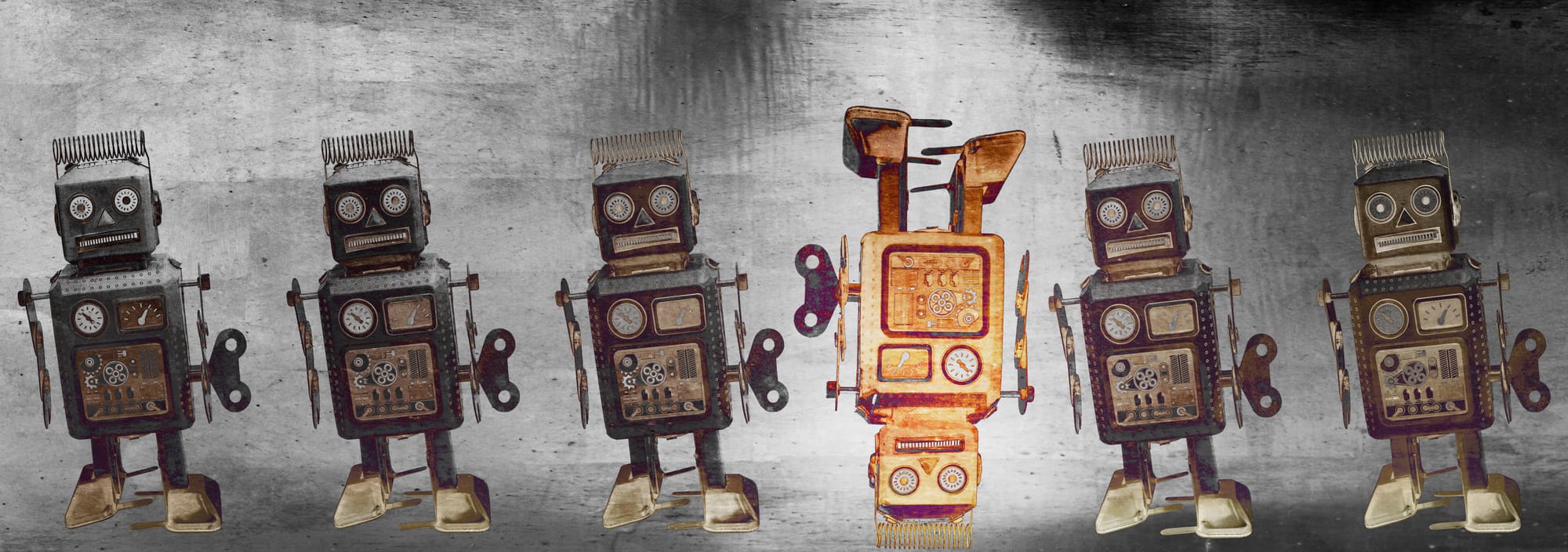Hobbies: Your Brain's Favorite Productivity Hack
Some hobbies seem like a waste of time until you realize they’re the only reason you haven’t burned out. This isn’t a post about getting more done. It’s about the small things that bring you back to yourself.

The Quiet Revolution
The revelation struck me at 2 AM on a Tuesday, hunched over my computer in a coffee-stained stupor. I'd been staring at the same code snippet for an hour, my brain as responsive as a jellyfish. Meanwhile, my new camera sits still in the corner, silent, gathering dust like that picturesless frame, hanging on my wall.
That's when it hit me that I'd been pushing my body to its limits, like its a washing machine, expecting it to churn out brilliance on command. No wonder it was starting to wind down.
The Great Productivity Lie
We've been sold a seductive myth: that peak performance comes from relentless optimization, from squeezing every drop of output from every waking moment. This gospel of efficiency has turned us into hamsters on wheels, spinning faster but going nowhere meaningful.
The truth is more subversive. The world's most extraordinary achievers aren't productivity machines, they're master orchestrators of strategic inefficiency.
Consider the paradox: Winston Churchill commanded a global war effort while finding time to paint forty-three canvases. Albert Einstein revolutionized physics between violin sessions, insisting that music revealed patterns his equations couldn't touch. Warren Buffet spends hours playing bridge, calling it essential to his investment philosophy. These aren't oddities, they're glimpses into a different operating system entirely.
The Neuroscience of Strategic Wandering
What these titans understood intuitively, brain science now confirms is that if the mind that never wanders, it never truly soars.
When we engage in activities purely for pleasure, something remarkable happens in our neural architecture. The brain's default mode network, the system active during rest, begins weaving connections between disparate regions. Ideas that seemed unrelated suddenly reveal their hidden relationships. Problems that feel impossible to solve, begin to yield their solutions.
This isn't relaxation in the traditional sense. It's active reconstruction. The dopamine released during enjoyable activities doesn't just feel good, it acts as a neurological glue, strengthening the very pathways that fuel creativity and insight. Flow states triggered by absorbing hobbies create windows of heightened plasticity, where the brain literally rewires itself for enhanced performance.
The practical implications are staggering. Studies show that people who maintain engaging hobbies demonstrate superior problem-solving abilities, enhanced memory consolidation, and increased resilience under pressure. They're not escaping their responsibilities, they're upgrading their capacity to handle them.
The 9-to-5 Refugee's Discovery
My own journey from hobby skeptic to advocate began with a simple blog post. Writing had always lurked at the edges of my consciousness, something I'd dabbled in during college, then abandoned for more "serious" pursuits. But as corporate demands intensified and my days blurred into an endless sequence of meetings and deadlines, I felt myself disappearing.

Starting this blog wasn't a career move. It was an act of self-preservation.
I wasn't just becoming a better writer, I was becoming a better version of myself.
Those early morning writing sessions became sacred territory. While the world slept, I'd sit with my thoughts and try to make sense of them on paper. No project timelines to meet, no client revisions to incorporate, no business development pressure gnawing at me. Just the pure pleasure of wrestling ideas into coherence.
The transformation was gradual but undeniable. My thinking became clearer. Complex problems at work started revealing elegant solutions. Stress that once felt overwhelming became a manageable challenge. The 60 minutes I spent writing each morning returned hours of enhanced clarity throughout the day.
Enjoying the journey so far?
If you like deep dives into creative chaos, productivity under pressure, and nerdy lessons from real-life experiments, subscribe to get future posts delivered right to your inbox. Subscribe Now
The Architecture of Integration
The barrier isn't finding time, it's reimagining what time means. We've been conditioned to view hobbies as rewards for completed work, but this thinking is backward. Hobbies are the very foundation that makes meaningful work possible to move forward.
The shift requires architectural thinking. Instead of cramming hobbies into whatever time remains, we must build them into the structure of our days. For instance, I have a friend who loves photographing. He carries his camera everywhere, capturing moments between meetings. Another friend learns new languages during his commute. "El tráfico está maravilloso hoy" .
These aren't compromises, they're strategic integrations. They understand that engagement, not efficiency, is the real currency of high performance.
The Permission Revolution
Perhaps the deepest barrier isn't time or energy, it's permission. We've internalized the Puritan notion that pleasure and productivity are incompatible, that anything enjoyable must somehow be frivolous. Weekend gaming marathons or Netflix binges become that express train to Guilt City.
This thinking is not just wrong, it's dangerous. It leads to burnout masquerading as dedication, to exhaustion confused with effort. It creates a culture where being busy is conflated with being important, where rest is seen as weakness rather than wisdom.
The most successful people I know have rejected this false choice entirely. They've given themselves radical permission to pursue activities that serve no purpose beyond joy. They've recognized that in a world obsessed with outcomes, the act of doing something purely for love is itself revolutionary.
The Compound Effect
The benefits of regular hobby engagement compound like interest. Each session doesn't just provide momentary pleasure, it deposits resilience into your psychological bank account. Over time, these deposits accumulate into something profound. They foster quiet confidence that you can define success for yourself.
This isn't just about work performance, though that improves dramatically. It's about recovering your humanity in an increasingly mechanized world. It's about remembering that you are not your job title, your productivity metrics, or your quarterly results.
The Choice Before You
You stand at a crossroads. Down one path lies the familiar grind, the endless pursuit of efficiency that promises fulfillment but delivers only fatigue. Down the other lies something more radical, the recognition that your hobbies aren't obstacles to success but its very foundation.
The choice seems obvious, yet most people will choose the grind. They'll convince themselves they don't have time, that serious people don't need such indulgences, that success requires sacrifice of everything meaningful.

Don't be most people.
You are a unique individual with creative capacities and inner complexity worth discovering.
Your hobbies are not frivolous diversions, they're your secret weapon in a world that mistakes motion for progress. They're your insurance policy against a life lived entirely in service to others' expectations. They're your reminder that joy is not a luxury but a necessity.
The question isn't whether you can afford to pursue your hobbies. It's whether you can afford not to.
Your future self is waiting. Stop making them wait.
Stay nerdy. Stay bold. Stay kind.
— MindTheNerd.com
If you like deep dives into creative chaos, productivity under pressure, and nerdy lessons from real-life experiments, subscribe to get future posts delivered right to your inbox. Subscribe Now